If anything happened to disrupt our imports of oil and fuel, such as a blockade of shipping through the South China Sea or the Strait of Hormuz, our reserves would be exhausted within three weeks. We would have run out of petrol, diesel and jet fuel. All road transport and all private cars would grind to a halt. All aircraft, both civil and military, would be unable to take off. The distribution of food and essential services would cease. There would be no deliveries to supermarkets, no ambulances, no fire engines, no police cars. By the end of the fourth week, amidst looting and civil unrest, the rule of law would have crumbled and been replaced by that unforgiving law of nature – the survival of the fittest.
This is not a storyboard for the next apocalyptic but fictional Hollywood blockbuster. It is a serious scenario envisaged by experts who are concerned that Australia’s lack of liquid-fuel security makes her extraordinarily vulnerable and exposed to political unrest or conflict in Opec nations, or to any flare-up of tensions in the key shipping lanes of the world.
Australia is a member of the International Energy Agency (IEA), which was set up in 1974 under the auspices of the OECD in response to the 1973 Opec oil crisis. It acts as a sort of mutual protection society for oil-importing countries that are members of the OECD, and as a member, Australia is under a treaty obligation to maintain liquid fuel stocks equivalent to at least 90 days of net imports. When we joined the IEA in 1979 we were actually a net exporter of oil and thus exempt from the stock-holding requirement. But since then our oil production first peaked and then declined and soon we were no longer a net exporter. In fact, we have failed to comply with the IEA minimum of 90 days supply since 2010/11. Indeed the government’s own Australian Petroleum Statistics for December 2018 reveal that at that date we held stocks amounting to just 21 days supply of petrol for road vehicles, 18 days supply of diesel and 20 days supply of aviation fuel. It should also be pointed out that all such stocks are in commercial hands, mainly the major petrol retailing companies, with none being under government control. For Australia there is no such thing as a national strategic reserve.
Our stock of three week’s supply is the lowest of all the 30 members of the IEA. Compared to our puny effort, the USA holds more than a year’s supply, of which nearly half is under the control of the US government and forms its Strategic Petroleum Reserve. The UK holds more than 8 months’ supply, the majority of other member states maintain over 6 months’ supply, and even New Zealand holds more than 3 months.
Australia’s vulnerability goes even deeper. For not only do we have inadequate reserves and fail to meet our international commitment but the economic consequences of high wages and high electricity costs make Australian refineries uncompetitive with those in India, Singapore, Malaysia and elsewhere. Four major refineries have been closed down in recent years and this means that we are likely to lose the ability to refine crude oil and thus become 100 per cent dependent on imported petroleum for all our transport needs by 2030. Thus the diversification of supply options for Australia will be further reduced.
Air Vice Marshal (retired) John Blackburn has written extensively on the subject from both a military and a civilian viewpoint. In a recent issue of the Australian Defence Magazine he said that ‘energy security is fundamental to our way of life; without it and without resilient supply chains our Defence Forces will not be able to operate’. Last October he told a Senate committee hearing that ‘Australia was the only country in the world that didn’t have either government-owned reserves, mandated industry minimums for fuel stocks, or the ability to control the market. All other developed countries have some of those things at least, and countries in the region here are increasing their fuel and oil stock holdings because of their concerns’.
He rightly castigates the federal government for being asleep at the wheel over this matter. But it’s more than just the fact that successive Australian governments have since 2010 ignored their international obligation to maintain the barest minimum reserve of liquid fuels. It’s the reckless mindset that those governments reveal by the fact that throughout those years they were willing to risk the safety of every Australian that they had pledged an oath to serve and protect. What would have happened to the Australian public had – as was suggested by Liberal Senator Jim Molan – another Middle East war broken out last July in the wake of US airstrikes on Russian targets in Syria? Molan supposed that the oil-fields could have been put out of action for months. What would former PM Malcolm Turnbull have done then, apart from retire to his New York apartment?
As a result of pressure from Blackburn, Molan and a few academics, on 8 May last year Josh Frydenberg – who was then energy minister – announced a review of liquid fuel security which would be due to report by the end of 2018, and that there would also be a broader National Energy Security Assessment by mid-2019. We are currently three months into 2019 and there is still no news of the review. Meanwhile, the Energy department has stated that ‘Australia plans to return to compliance with the International Energy Agency’s emergency stockholding obligations by 2026’.
Let’s hope that nothing inteferes with our liquid fuel imports over the next seven years.
Got something to add? Join the discussion and comment below.
Get 10 issues for just $10
Subscribe to The Spectator Australia today for the next 10 magazine issues, plus full online access, for just $10.
You might disagree with half of it, but you’ll enjoy reading all of it. Try your first month for free, then just $2 a week for the remainder of your first year.

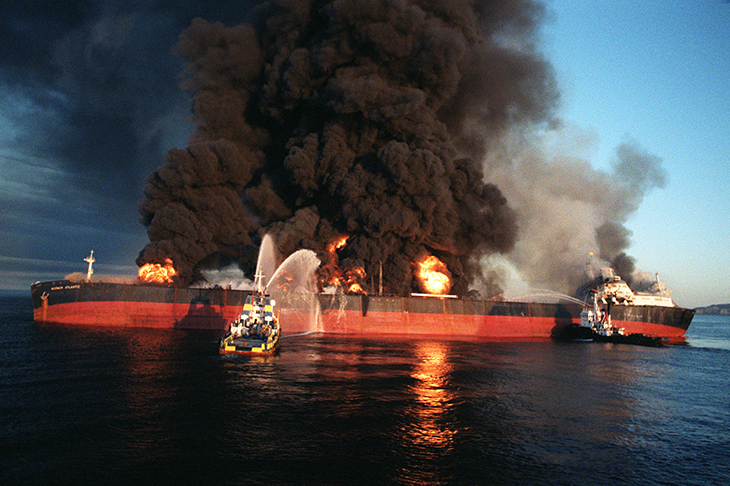

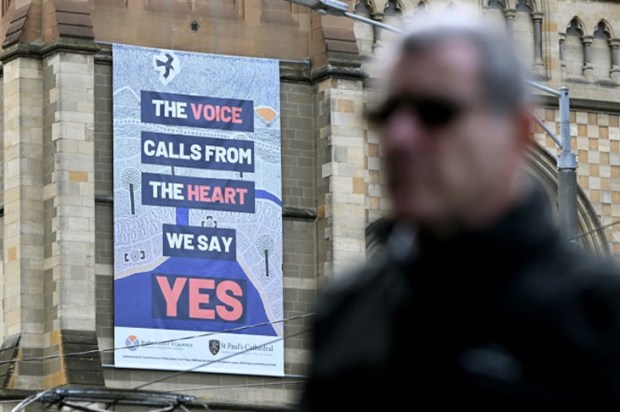
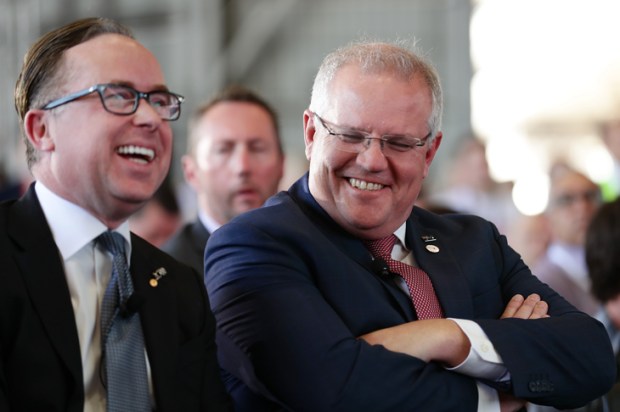
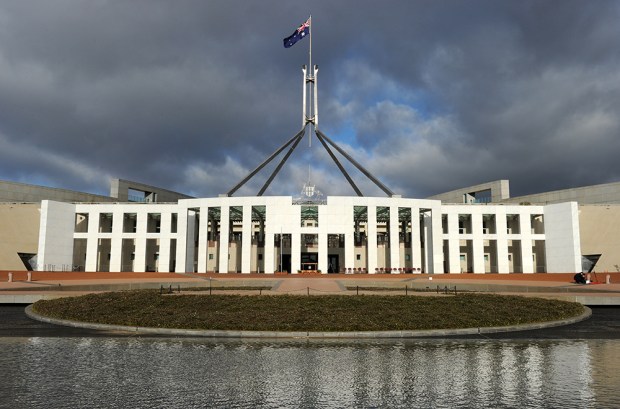

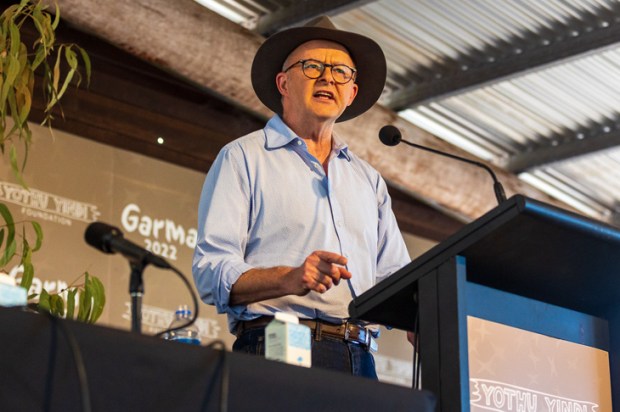






Comments
Don't miss out
Join the conversation with other Spectator Australia readers. Subscribe to leave a comment.
SUBSCRIBEAlready a subscriber? Log in